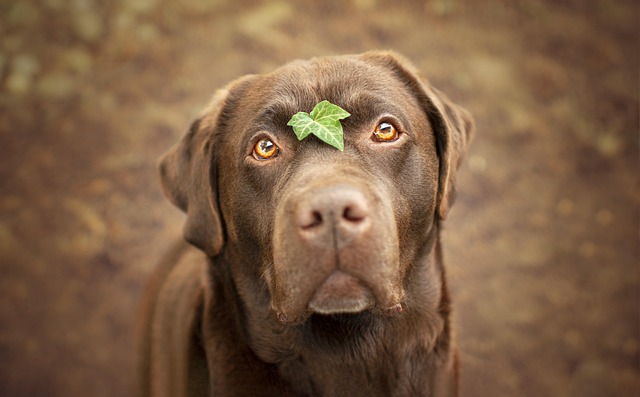
How do I make my dog poop in a specific spot?
If you’ve ever chased your dog around the yard trying to get them to go potty in one place, you know how frustrating inconsistent habits can be.
Dogs ignoring the "come" command isn’t a sign of stubbornness—it’s usually a mix of confusion, distraction, or past experiences shaping their choices. Let’s start with the obvious: dogs get distracted. A squirrel darting up a tree, a neighbor’s cat strolling by, or even the rustle of a plastic bag can pull their focus faster than you can say the word. Their noses and ears pick up a world we don’t, so expecting instant attention in busy settings isn’t fair.
Timing matters more than you think. If you only call your dog when it’s time to go inside (ending their play) or when they’ve chewed your shoe (leading to a scold), they’ll start associating "come" with something they want to avoid. Over time, they learn to hesitate—why rush toward a moment that might not feel good?
Training consistency often slips without us noticing. Practicing "come" once a week in the backyard won’t stick. Dogs thrive on repetition, but not just repetition—variety. Calling them from the couch, while they’re sniffing grass, or mid-play teaches them the command works everywhere, not just in one spot.
 Let’s talk rewards. A dry biscuit won’t compete with a park full of smells. High-value treats—think bits of cooked chicken, freeze-dried liver, or their absolute favorite toy—make "come" worth their while. Hold the reward until they’re right by your side, so they learn the full action (running to you, not stopping halfway) gets the good stuff.
Let’s talk rewards. A dry biscuit won’t compete with a park full of smells. High-value treats—think bits of cooked chicken, freeze-dried liver, or their absolute favorite toy—make "come" worth their while. Hold the reward until they’re right by your side, so they learn the full action (running to you, not stopping halfway) gets the good stuff.
Public spaces add another layer. In many areas, letting a dog off-leash in public without reliable recall could land you with fines, and more importantly, put them at risk—near roads, other animals, or crowded spots. Start training in quiet, fenced areas first. Once they nail it there, add small distractions: a ball rolling by, a friend walking past. Build up to busier places slowly.
Never punish a dog after they finally come, even if they took 10 minutes. That teaches them delaying is smarter—better to avoid the scold by not coming at all. Instead, gush over them when they arrive. Laugh, pet them, give that special treat. Make "come" the best part of their day.
Some dogs need extra help. If yours tenses up or runs away when called, they might have linked the command to stress. Go back to basics: sit a few feet away, say "come" in a cheerful tone, and toss a treat toward them so they move closer. Repeat, inching back over days, until the word feels safe again.
Recall takes patience, but it’s worth it. Imagine letting them run in a meadow, knowing they’ll bolt back when you call—not out of fear, but because they want to. That trust? It’s the best part of having a dog. Keep it positive, keep it frequent, and you’ll get there.

If you’ve ever chased your dog around the yard trying to get them to go potty in one place, you know how frustrating inconsistent habits can be.

Giant Poodles sit near the top of the list for intelligent dog breeds, and that smarts makes them quick to pick up on training cues—if you approach it the right way.

Chihuahuas are tiny but mighty, and their small bladders mean accidents inside can happen more often than with larger breeds. Start by sticking to a strict schedule—take them out first thing in the morning, right after meals, and before bed.

Many Labrador owners find themselves frustrated when their fluffy pups don’t pick up commands as quickly as expected.

Witnessing your dog display aggression is deeply concerning, and the immediate question of what you can "give" them to make it stop is a natural one.

That moment your dog's hackles rise and a low growl rumbles from their throat at the sight of another canine can turn a pleasant walk into a stressful ordeal.